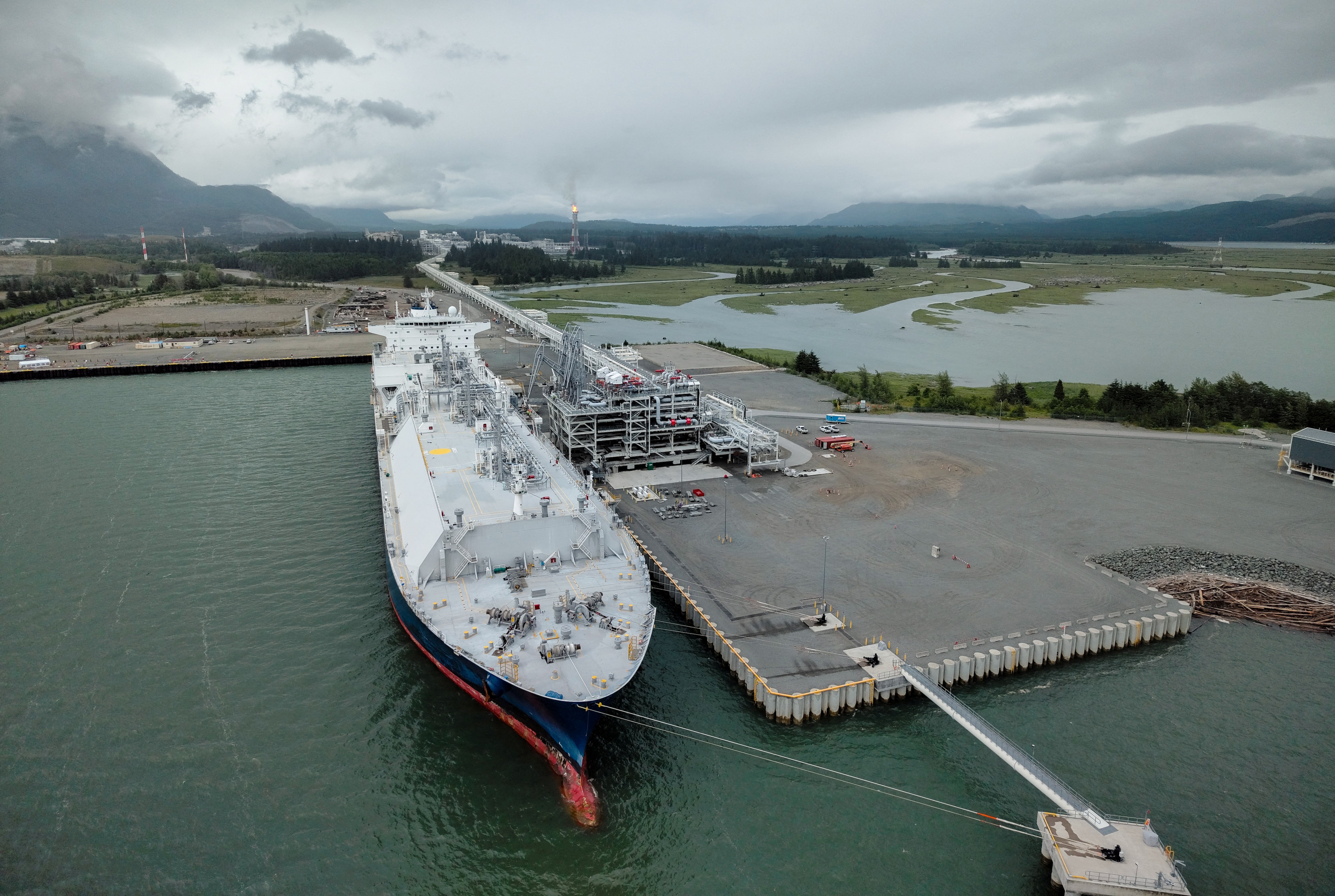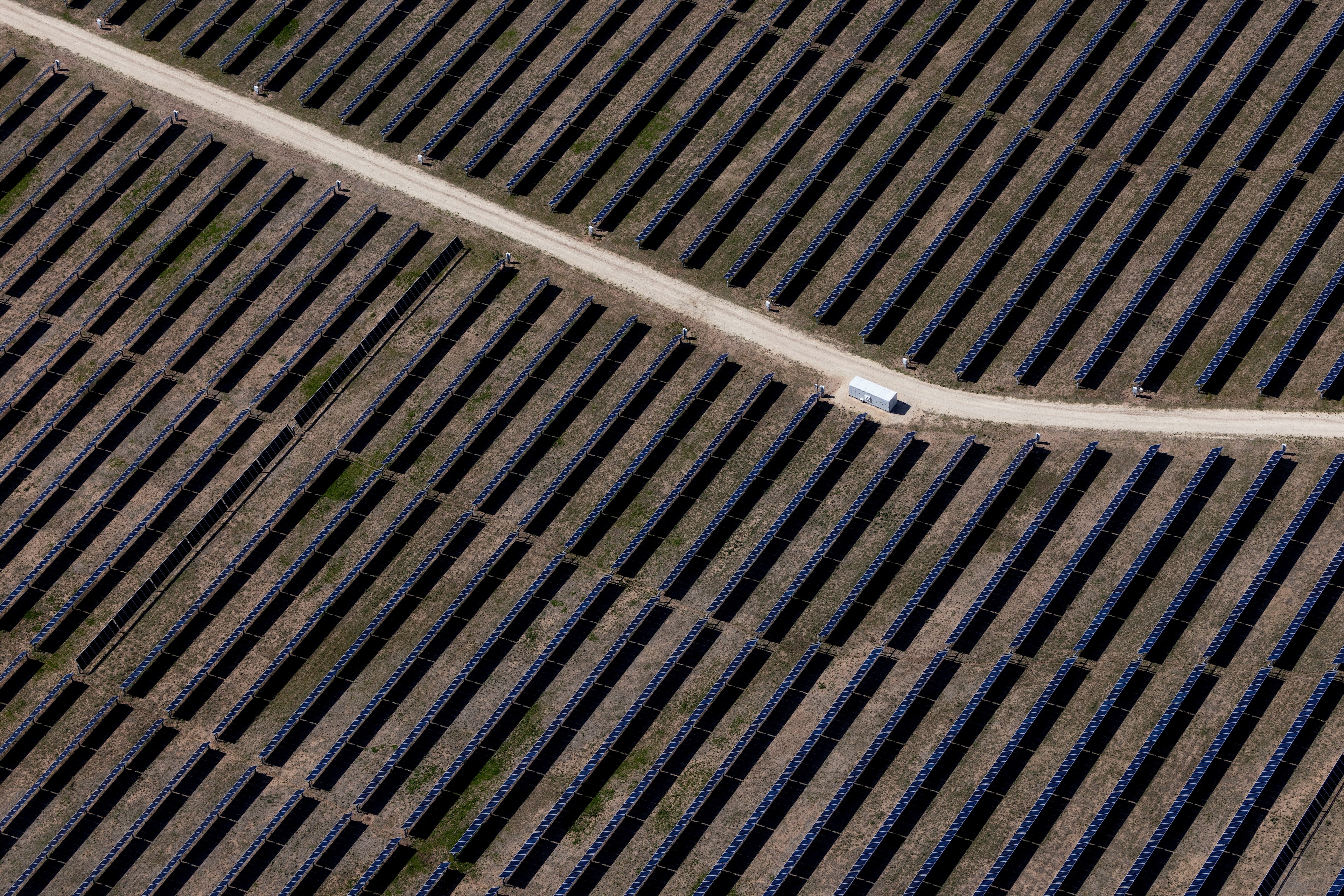How innovative financing can cut emerging economies' coal reliance, and more top energy stories

Top energy news: Innovative financing can help emerging economies reduce coal reliance; and more
Image: REUTERS
Roberto Bocca
Head, Centre for Energy and Materials; Member of the Executive Committee, World Economic Forum- This round-up brings you the key stories from the energy sector over recent weeks.
- Top energy news: Innovative financing can help emerging economies reduce coal reliance; Developing nations driving growth in electricity demand; Japan plans to increase reliance on nuclear power.
- For more on the World Economic Forum’s work in the energy space, visit the Centre for Energy and Materials.
1. Innovative financing can help emerging economies reduce coal reliance
The transition away from coal has never been more urgent – but new financing mechanisms to help retire plants in emerging markets early could help, according to a new white paper.
Scaling back coal-related emissions from emerging and developing economies (EMDEs) will be vital to keeping average global warming of 1.5°C within reach. The World Economic Forum’s Scaling Financing for Coal Phase-out in Emerging Economies report examines how EMDEs can do so with innovative financing strategies.
Coal accounts for 36% of global power generation, with a higher reliance in EMDEs where it fuels significant carbon emissions. The shift away from this reliance continues to be challenging amid rising demand, especially in Asia.
Coal use has more than tripled in EMDEs over the past two decades and shows little sign of slowing. In China, for example, construction of coal-fired power plants has reached the highest in a decade, despite the nation’s significant push into renewables.
Crucially, the transition must ensure that transitioning from coal does not compromise the energy supply for growing demand in emerging and developing economies, nor hinder job creation and GDP growth.
The Forum report concludes that “coal retirement mechanisms” based on financial restructuring can play an important role in scaling the “coal-to-clean” transition in EMDEs. The Forum’s Coal-to-Clean Initiative is working to help develop such financing vehicles.
2. Developing economies driving growth in electricity demand
Emerging and developing economies are expected to account for 85% of global electricity demand growth in the coming years, according to new analysis from the International Energy Agency.
The agency’s Electricity 2025 report forecasts that global electricity consumption will increase at its fastest pace in years between now and 2027, with most of the additional demand coming from China, India, Southeast Asia and other emerging markets.
Growing industrial production, rising use of air conditioning and the expansion of data centres worldwide are among the factors driving the rise in demand.
3. News in brief: More energy stories from around the world
Japan has approved a new energy plan that aims for renewables to account for up to half of its electricity mix by 2040, with nuclear energy making up 20% of its grid supply.
The US has announced a new export authorization for a major liquefied natural gas (LNG) project in Louisiana – the first such approval since the previous administration paused them in early 2024.
Australia has passed laws that would give tax incentives for critical minerals and renewable hydrogen as it aims to hit net zero emissions by 2050.
India and the US have agreed to increase American oil and gas exports as part of discussions around the countries’ trade relationship.
Amid a surge in demand for nuclear power, US and European energy companies are facing a growing risk of a shortage of uranium – a metal used to power reactors – the Financial Times reports.
What's the World Economic Forum doing about the transition to clean energy?
Egypt and Cyprus have signed agreements to enable the export of gas from Cyprus's offshore fields to Egypt for liquefaction as they look to boost the Eastern Mediterranean's role as an energy hub. The LNG would then be re-exported to Europe.
French oil major TotalEnergies and industrial gases company Air Liquide will invest more than $1 billion in green hydrogen projects to help decarbonize two of Total's refineries.
4. More on energy from the Forum
The electrification of transport will require a big increase in the supply of metals including nickel, copper and steel. As surging demand means recycled metals won’t be able to fulfil the needs of the industry for at least a decade, this article looks at how mining can rise to this challenge and support the energy transition.
Asia is at an energy crossroads – dealing with the dual pressures of economic development and decarbonization. How can it quickly strike the right balance and move away from a reliance on coal for power generation? The key is a mindset shift in three areas, according to this piece.
The global energy transition is about more than just swapping fossil fuels for renewables. It’s a complex journey that is sparking system-wide changes that are reshaping industries, economies and societies in very different ways across regions – and success demands country-specific solutions. Read more in this article.
To learn more about the work of the Centre for Energy and Materials, contact Ella Yutong Lin: ellayutong.lin@weforum.org.
Accept our marketing cookies to access this content.
These cookies are currently disabled in your browser.
More on Energy TransitionSee all
Michael Wang
July 28, 2025
Ayla Majid
July 24, 2025
Manikanta Naik and Murali Subramanian
July 23, 2025
Arunabha Ghosh and Jane Nelson
July 22, 2025
Ali Alwaleed Al-Thani and Santiago Banales
July 21, 2025
Goodness Esom
July 18, 2025





